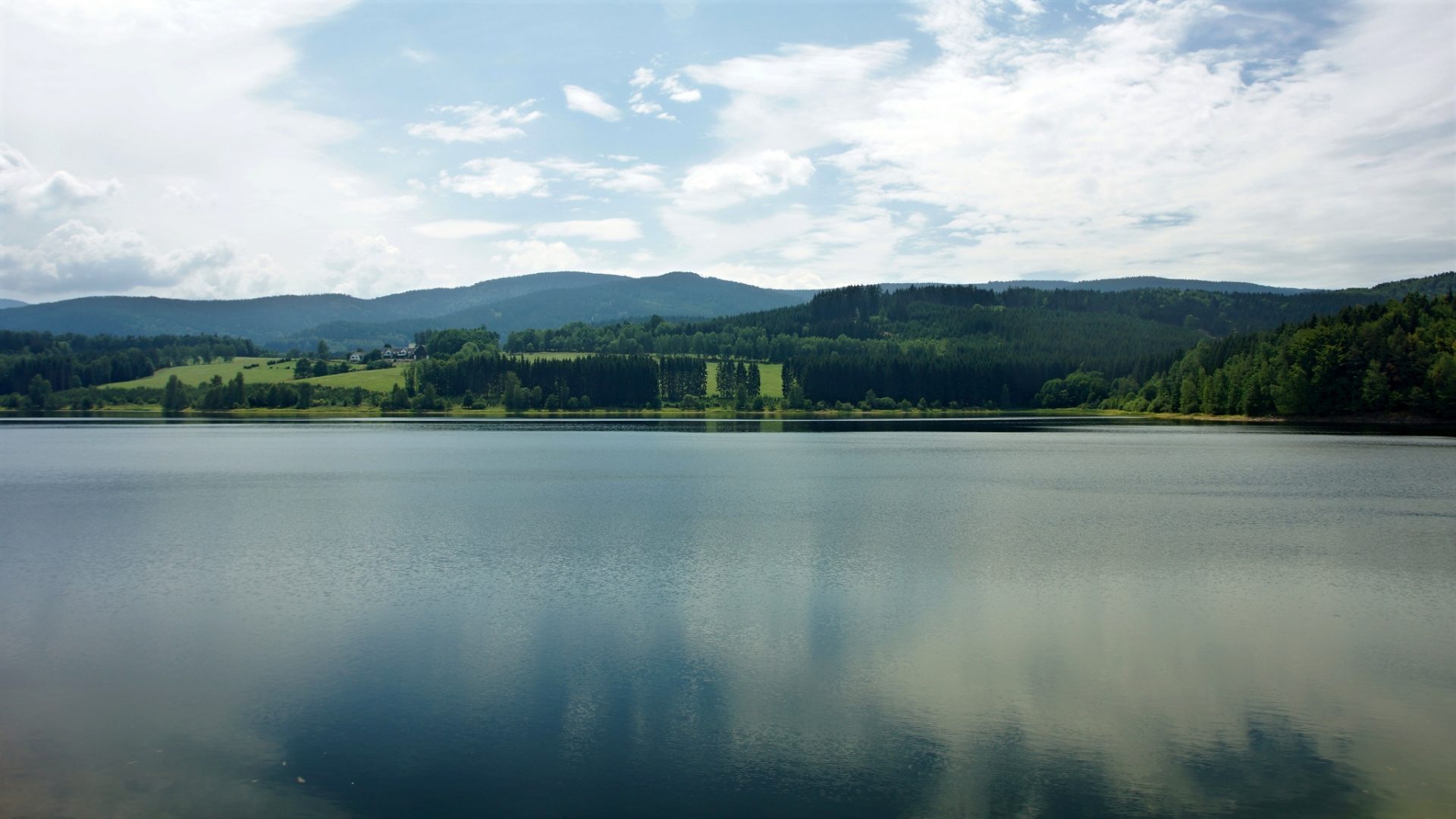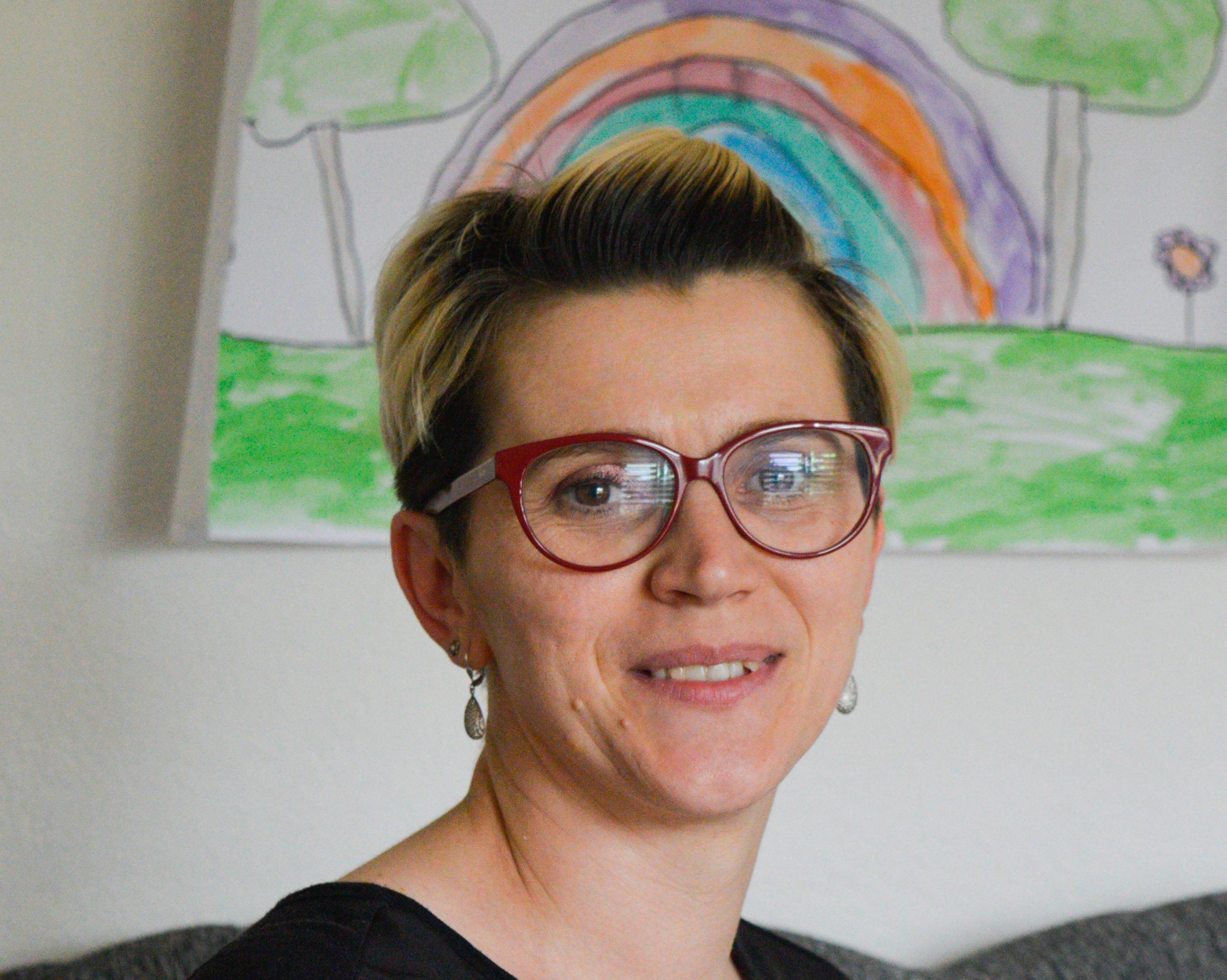
At the age of 11, Mersiha Čusto (fromerly Mersiha Begović) saved a child from Bosnia and Herzegovina while they were ice skating on a partially frozen pond at a military barracks in the Czech town of Nyrsko. They were staying at the barracks as refugees during the war in Bosnia and Herzegovina.
She saved the boy, who was around 6 or 7 years old, spontaneously, and with the attitude she has today – that human life is priceless.
At the beginning of the war in Bosnia and Herzegovina, Mersiha, her mother, and her two sisters left for the Republic of Croatia. Four months later, at the persuasion of a friend, they arrived in the town of Nyrsko in the Czech Republic. They were placed in a military barracks that had six dormitories, each of which housed refugees from Bosnia and Herzegovina.
Refugees were assigned to dormitories according to the cities that they had lived closest to in Bosnia and Herzegovina. The Begović family stayed with refugees from Donji Vakuf, Gornji Vakuf/Uskoplje, and Bugojno. There were many children, so the days were filled with children’s games and laughter.
One winter day in 1992, the children were playing outside and skating on a nearby pond, or as Mersiha says, a well. It was fenced off on all sides and was intended to be used by firefighters if the need arose. Even 30 years later, Mersiha has not forgotten that day.

At that time, as an 11-year-old girl, she was playing with the other children. She didn’t know what liquid the pond was filled with, but due to the cold, some parts were completely frozen while others were coated in a thinner layer of ice. The children were pushing each other as they skated, and at one point, Mersiha saw a child whose head was on the edge of a hole in the ice and whose hands were submerged in the water.
Without thinking, she crawled over to the child and grabbed him by the nape of the neck, because his hands were already under water. She managed to pull him out.
“The child was between six and seven years old, and I was 11 years old. It’s really a child’s courage, being unaware of and not thinking about what else might have happened, that I might have failed… I didn’t think about it, I just grabbed him and pulled him to the surface of the ice and took him to the side,” said Mersiha.
When they called the boy’s parents, he was in complete shock. His body had turned blue.
Mersiha pointed out that she wasn’t aware that she was risking her life, all she was thinking about was saving the boy. She doesn’t consider herself a hero but describes saving the child as an act of humanity. When asked if she knows where the boy is now, she replies that she doesn’t. She remembers that he had brown curly hair but doesn’t even know exactly where the boy was from. At that time, all that mattered was spending time together and being what they were – children. She thinks he may have been from Prijedor or possibly Zvornik. Her message is that human life always comes first and that it is irreplaceable and priceless.






